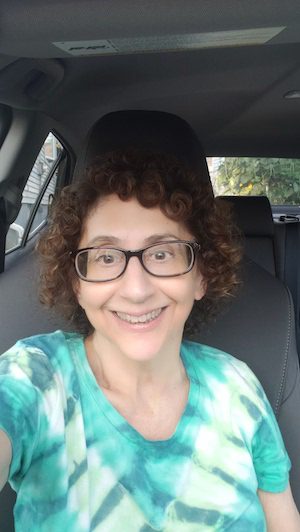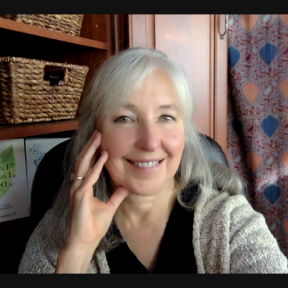Genetics and Sleep: How Your Genetic Makeup Influences Sleep Patterns, Quality, and Solutions for Better Rest
Sleep is essential for health, productivity, and overall well-being. But did you know that your genetics might have a significant impact on how well you sleep? Recent studies show that genetics can influence everything from sleep duration to susceptibility to sleep disorders. In this blog post, we’ll explore how your genetic makeup impacts your sleep patterns and offer actionable tips to enhance your rest.

How Genetics Affect Sleep Patterns
Each person has unique sleep patterns, influenced by both Lifestyle and genetic factors. Your chronotype, or natural sleep-wake preference, for instance, can often be traced to your DNA. Variations in specific genes can make you a morning person or a night owl, shaping when you feel most alert or sleepy. Some of the key genes that influence sleep include:
PER3 gene: Linked to circadian rhythms, this gene affects your internal biological clock. Variants in this gene are associated with the timing of your sleep cycles.
ABCC9 gene: Plays a role in sleep duration. People with certain variants of ABCC9 tend to need more or less sleep than others.
DEC2 gene: Variants in this gene are rare but can allow some people to thrive on just four to six hours of sleep per night without negative effects on their health.
Sleep Quality and Genetic Factors
Your genes can also impact your sleep quality. If you’re struggling with getting deep, restorative sleep, genetic factors might be involved. For instance:
COMT gene: Variations in the COMT gene are linked to how well your body regulates dopamine, a key neurotransmitter. High dopamine can make it harder for some individuals to fall asleep, while low dopamine might lead to daytime drowsiness.
BDNF gene: This gene influences brain function and plasticity. Certain variants are associated with lighter, more fragmented sleep, making it hard to achieve restful sleep.
Genetic Predispositions to Sleep Disorders
Certain sleep disorders, such as sleep apnea and insomnia, are strongly influenced by genetic factors. Studies show that people with family histories of these disorders are more likely to develop them.
Insomnia: Variants in the MEIS1 gene have been linked to insomnia, making it harder for some individuals to fall or stay asleep.
Sleep Apnea: Those with a family history of sleep apnea often have genetic predispositions to factors that increase its risk, such as a higher likelihood of obesity, a narrow airway, or particular facial bone structures.
Tips for Optimizing Sleep Based on Genetic Makeup
If genetics plays a role in your sleep patterns, what can you do to optimize your rest? Here are some targeted strategies:
Align with Your ChronotypeEmbrace your natural sleep-wake preference. If you’re a morning person, try to schedule important tasks in the early hours. For night owls, shifting activities to later in the day may better suit your biological rhythm.
Supplement WiselySupplements like magnesium or melatonin can help some people regulate sleep patterns, but it’s best to consult a healthcare provider before beginning any supplement regimen.
Optimize Your Sleep EnvironmentCertain genetic predispositions can make you more sensitive to disruptions like noise or light. Invest in blackout curtains, white noise machines, and a comfortable mattress that suits your specific needs.
Adopt Mindfulness PracticesPracticing mindfulness techniques such as Meditation or deep breathing can help calm the mind, especially for individuals with genetic traits tied to higher Stress levels.
Genetic Testing and Personalized AdviceGenetic testing can provide specific insights into your unique sleep-related traits. By understanding your genetic sleep profile, you can create a more customized sleep plan that suits your body’s natural rhythms. (Consider linking to a genetic testing service or wellness consultation page here.)
The Future of Sleep and Genetics
As research into sleep genetics advances, we may soon see more targeted solutions for sleep disorders and insomnia based on our genetic profiles. Personalized sleep treatments, tailored to our DNA, could become a norm, improving quality of life for millions who struggle with sleep.
Final Thoughts
Understanding how your genes affect sleep is a powerful tool for improving your rest and overall well-being. With insights from genetic testing and science-backed strategies, you can adjust your sleep environment, lifestyle, and health choices to work in harmony with your body’s natural rhythms.
Are you ready to explore your genetic sleep profile and unlock the secrets to better rest?
#GeneticsAndSleep #SleepHealth #GeneticTesting #RestfulSleep #WellnessJourney #SleepOptimization #DNAAndSleep #geneplanet #denver #ascendperformancetraining
Originally Published on https://www.ascendperformancetraining.com/blog

























